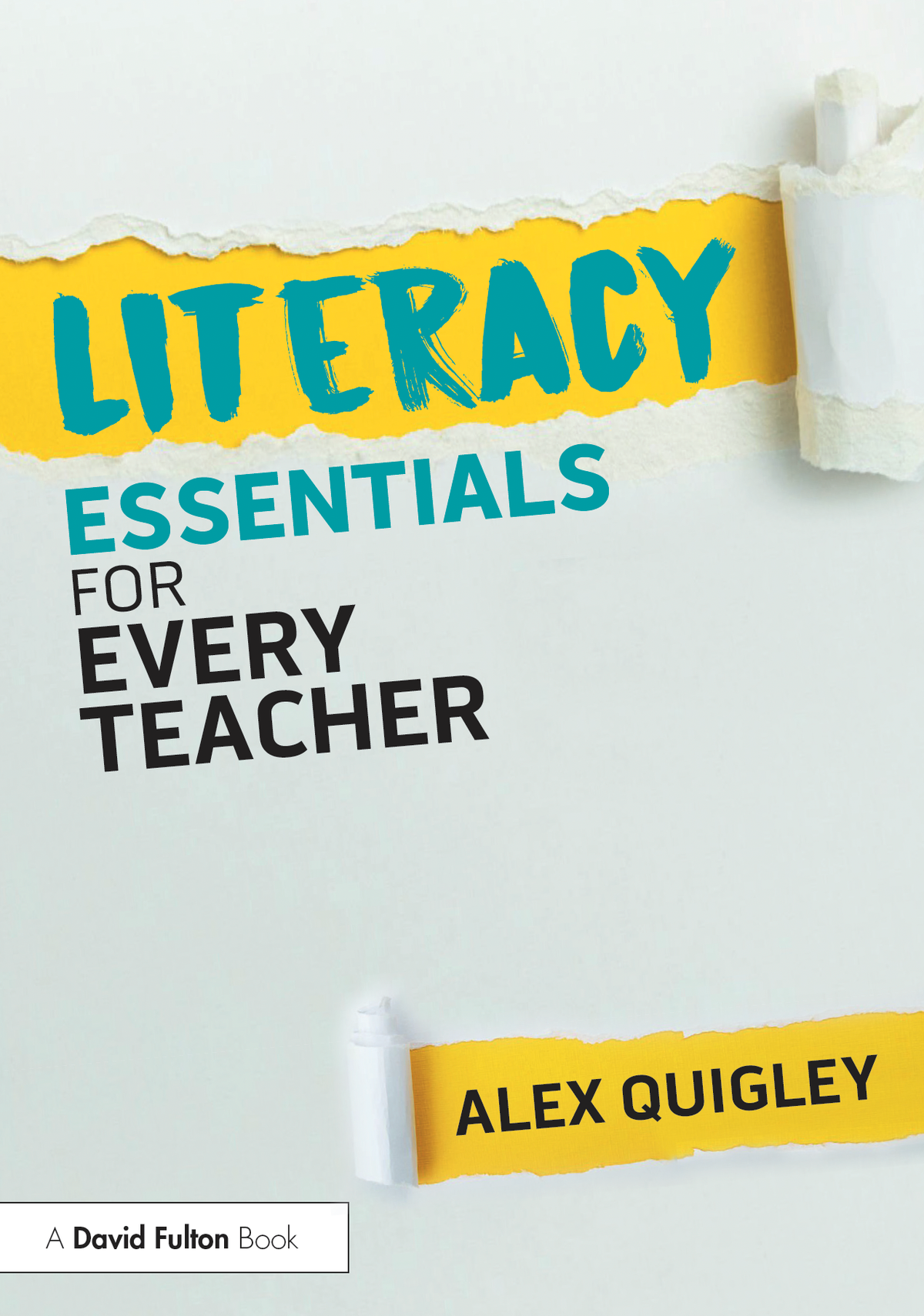
Learning by hand
What if the brave new world of AI and assistive technology means that we stop learning by hand? Would we lose any learning it the translating from handwriting screen tapping, or from note-taking by hand to receiving summaries from an AI chatbot? On one hand, it seems absurd to argue












